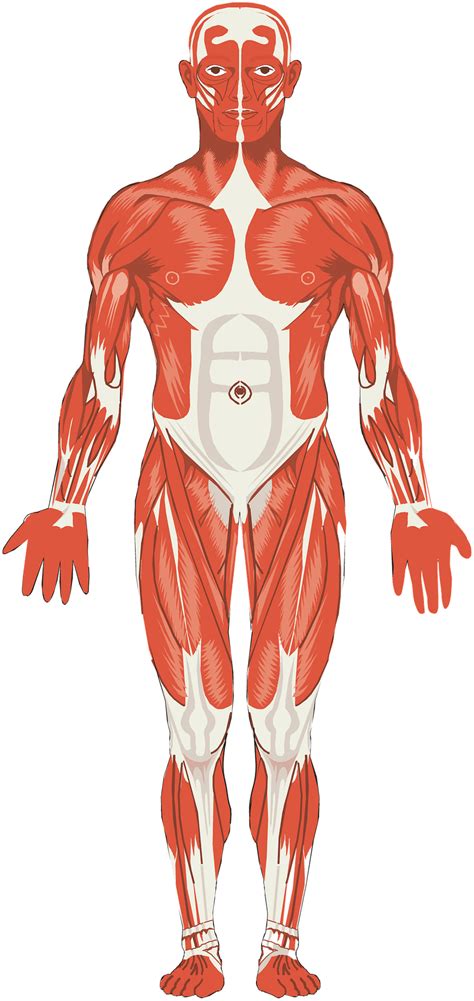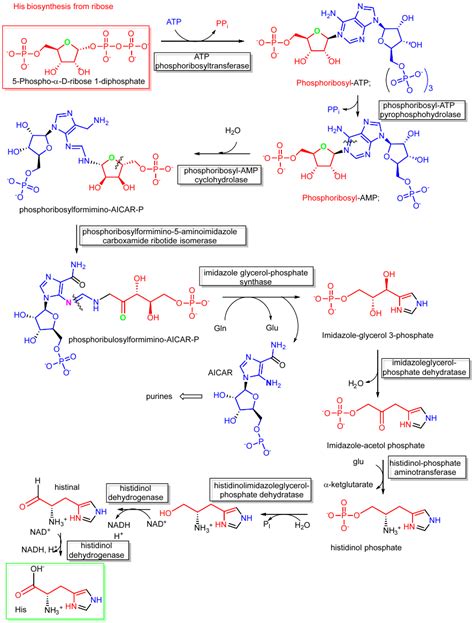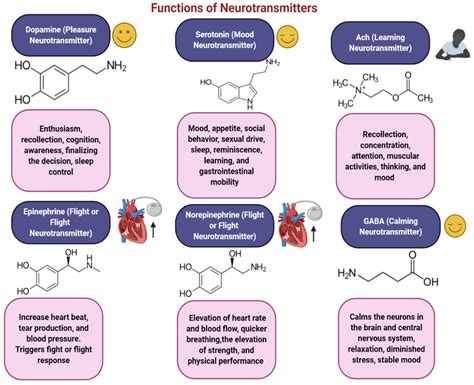What is the primary function of essential amino acids in the human body?

Essential amino acids (EAAs) are a group of nine amino acids that the human body cannot synthesize on its own. This means they must be obtained through diet, making them absolutely crucial for sustaining life and maintaining health. Unlike non-essential amino acids, which the body can produce from other compounds, EAAs are indispensable dietary components.
The Cornerstone of Protein Synthesis
The single most critical and primary function of essential amino acids in the human body is their role as the fundamental building blocks for all proteins. Proteins are macromolecules that perform a vast array of functions within the body, from structural support to enzymatic catalysis, transport, and immune defense. Without a complete supply of all nine essential amino acids, the body’s ability to create new proteins or repair existing ones is severely compromised. This process, known as protein synthesis, is continuous and vital for every cell, tissue, and organ.

Beyond Building Blocks: Diverse Physiological Roles
While protein synthesis is their primary role, the individual essential amino acids also play highly specific and critical roles that extend far beyond simply forming peptide chains. These specialized functions are integral to maintaining overall health and body function.
Tissue Repair and Growth
Essential amino acids are indispensable for the growth, repair, and maintenance of virtually all body tissues. This includes muscle tissue, skin, hair, nails, bones, and internal organs. For instance, leucine, isoleucine, and valine (the branched-chain amino acids or BCAAs) are particularly important for muscle protein synthesis and recovery after exercise. Adequate intake ensures that the body can continuously replace damaged cells and build new ones, a process vital throughout life, especially during growth phases, injury recovery, or intense physical activity.

Enzyme and Hormone Production
Many enzymes, which catalyze biochemical reactions, and hormones, which regulate various bodily functions, are proteins or are derived from amino acids. For example, tryptophan is a precursor for serotonin (a neurotransmitter) and melatonin (a hormone regulating sleep). Tyrosine, though non-essential, is synthesized from the essential amino acid phenylalanine and is vital for producing thyroid hormones and dopamine. Without sufficient essential amino acids, the production of these critical regulatory molecules can be impaired, leading to widespread systemic dysfunction.

Immune System Support
A robust immune system relies heavily on proteins. Antibodies, which are key components of the immune response, are proteins. Immune cells themselves, such as lymphocytes, require a constant supply of amino acids for their proliferation and function. Essential amino acids contribute directly and indirectly to the body’s ability to fight off infections and maintain immune surveillance, highlighting their role in overall disease prevention.
Neurotransmitter Synthesis
Several essential amino acids are precursors for neurotransmitters, the chemical messengers that transmit signals between nerve cells. As mentioned, tryptophan is vital for serotonin synthesis, impacting mood, sleep, and appetite. Phenylalanine is converted to tyrosine, which in turn is a precursor to dopamine, norepinephrine, and epinephrine, all critical for mood, focus, and stress response. Adequate intake of these amino acids is therefore crucial for optimal brain function and mental well-being.

Consequences of Deficiency and Dietary Sources
A deficiency in even one essential amino acid can significantly hinder protein synthesis and impair numerous bodily functions. This can lead to various health problems, including muscle wasting, weakened immune response, impaired growth, fatigue, and digestive issues. Since the body cannot produce them, they must be consistently consumed through diet.
Complete protein sources, such as meat, fish, eggs, dairy, and soy, contain all nine essential amino acids in sufficient quantities. Plant-based diets require careful planning to ensure intake of all EAAs, often by combining different plant foods (e.g., legumes with grains) throughout the day to achieve a complete amino acid profile.

Conclusion
In essence, the primary function of essential amino acids is to serve as the irreplaceable building blocks for all proteins in the human body, facilitating growth, repair, and the functioning of virtually every physiological process. Beyond this fundamental role, they are also critical for the production of enzymes, hormones, and neurotransmitters, and for supporting the immune system. Their indispensable nature underscores the importance of a balanced and adequate dietary intake to maintain optimal health and bodily function.








